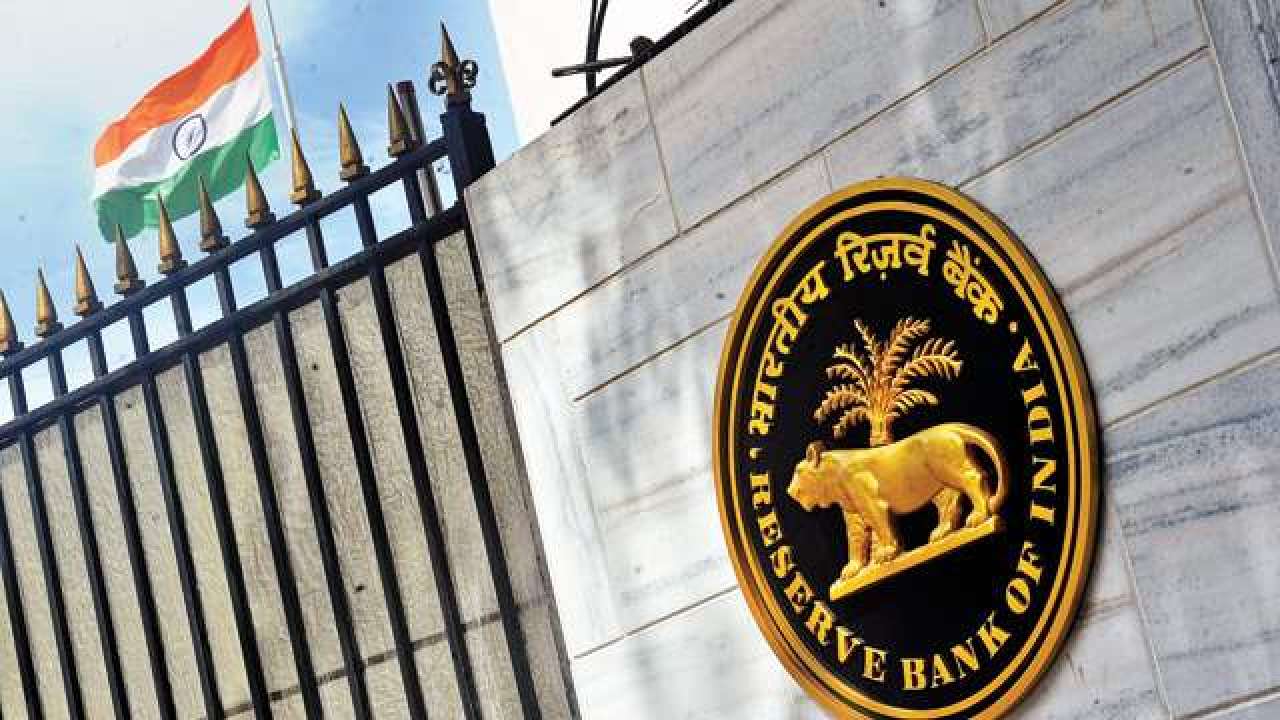Money goes to money. It is an age-old adage that seems to be painfully true today, more so than ever before. In the world of bankers and investors, it is difficult to know where to put your money. People have been buying promising assets expecting the occasional windfall and just generally thrown their excessive cash at anything that may seem worth it.
It is true that people baulk at taxes. Investing your money in secure assets may help you offset the continuous taxation of your riches. What better place to do so than cryptocurrencies?
With their undeniable appeal, cryptocurrencies have managed to attract investment from the world’s richest elite. Those extravagantly well-heeled nabobs have been quite happy to throw their vast assets in the crypto world with little or no understanding of the industry itself.
According to annual survey of wealth at Knight Frank (the survey is called Wealth Report), 21 per cent of respondents said that their clients have been investing in digital assets.
However, people would do well to find out a bit about the underpinning technology first. For instance, most clients who invest in the sector are not quite sure what blockchain is. Understanding those subtle details about cryptocurrencies, however is mandatory and any future investor should be prepared to manage their wealth more responsibly.
Naturally, some people have been trying to warn everyone and stop them from investing into the crypto assets, but those efforts have proved largely futile given the current booming trade around bitcoin. The increased popularity of digital currencies has led to the creation of a new phenomenon, namely the launch of bitcoin futures in the United States.
The Moralities of the Trade
Some maъ ponder whether it is fair for moneyed nabobs to have such vast access to something they do not completely understand by dint of their wealth. While this is true, it must also be pointed out that many inexperienced people wagered their homes in a mortgage to be able to participate in the bitcoin bonanza at the end of 2017, when the price soared to nearly $20,000.
The simple fact of the matter is that there is no clear regulation on how and who should invest in cryptocurrencies. It has always been an open, and by default, competitive market. Arguing otherwise would be futile.
Try to say who gets a say in the market, and you end with ham-fisted authoritarians with access to vast wealth, while not technically theirs, and is still under their control exclusively. In addition, provided the realities of cryptocurrencies – i.e. that there is no single owner of any coin or asset, and then it may as well be said that the wealth are their own.
Yes, it is unfair for people who are just entering the trade to be at a severe advantage, but if all it takes for richer investors is to plunk down easy-earned currency, then it is up to the less moneyed investors to be better in terms of knowledge.
The Internet is bustling with information about the trade. Crypto companies and media news outlets, including specialised editions are now readily available and people can freely tap into that knowledge.
Understanding the industry and how it changes will give significant advantage and people could do much more with meaner starter’s capital. Of course there are risks that even the most astute crypto investors may not foresee. Instead, everyone who goes into this business should be prepared to sustain losses and avoid going bankruptcy and await the tides to change again and for the tokens to regain their value.
Blockchain is the Future Anyway
Even if you are not a fan of cryptocurrencies, you will be quite pleased to find out about the underpinning technology – the blockchain. Blockchain is by all estimates the future of what can be achieved by dint of using those types of transactions.
Fintech companies are now sprouting all over the place, and while regulators may not take fondly to anonymous cryptocurrencies, they are quite prepared to embrace Fintech solutions over banks.
Of course, for this to work you will have to see mainstream banks establishing some form of control over the newly-fledged money actors. In reality, governments and regulators would like to see these two camps pooling their efforts together.
Even though Fintech will take a juicy bite from the operations of banks, banks will still have to exercise the control they have been so far excellent at. For that particular reason, the European Union and the United States have been insisting that Fintech companies are given an equal opportunity. All attempts to shut down these new unicorns by banks have so far been shot down by the respective bodies that supervise the banking sectors. Elsewhere in the world, Fintech solutions have been abundant – from mobile payments to transactions.



Comments (No)